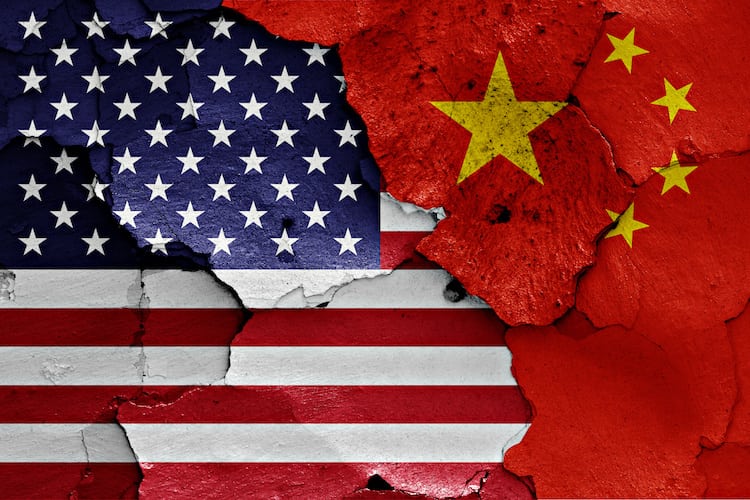[ad_1]
The Federal Communications Fee has revoked the power of one other telecom firm, Pacific Networks and its subsidiary ComNet, to function within the U.S., after figuring out that the Chinese language-owned firms pose a nationwide safety danger.
The corporate primarily provides retail calling card companies to U.S. shoppers. It’s owned by CITIC Group, previously the China Worldwide Belief Funding Company, which is itself owned by China’s Ministry of Finance.
Pacific Community and ComNet have 60 days to stop their U.S. operations.
FCC commissioners, in feedback on the motion, additionally raised the potential of additional efforts to make sure that firms which have been prohibited from working telecom companies in the US, can’t work across the new prohibitions.
The regulatory company discovered that as a result of Pacific Networks and ComNet are U.S. subsidiaries of a Chinese language state-owned entity, they’re subsequently “topic to exploitation, affect, and management by the Chinese language authorities and are extremely more likely to be pressured to adjust to Chinese language authorities requests with out ample authorized procedures topic to unbiased judicial oversight,” and pose a nationwide safety danger to the U.S.
The FCC has made comparable determinations about China Telecom and China Unicom’s U.S. operations and revoked their working authority final yr.
Along with info from government department businesses, the FCC’s “personal evaluate discovered that the businesses’ continued entry to U.S. telecommunications infrastructure creates alternatives for the Chinese language authorities or different state-backed actors to interact in
espionage by monitoring U.S. visitors,” mentioned FCC Commissioner Brendan Carr, a Republican, in a press release. “Our evaluate additionally discovered that the businesses’ conduct in direction of the
Fee and Congress lacked trustworthiness and reliability.”
In an April 2021 submitting protesting the FCC’s contemplating of Pacific Telecom’s working authority, attorneys for the corporate argued that “the Fee has not demonstrated
that the Corporations have ever carried out any nefarious actions on the bidding of the Chinese language authorities, has primarily based its case totally on hypothesis that the Corporations will act in keeping with international affect, and has castigated the Corporations for failing to show the damaging that they aren’t topic to international affect. … The safety provided by revocation is wholly performative: it’s a resolution that … fails to indicate [it] will handle an actual risk or enhance the safety of U.S. telecommunications networks.”
In his feedback on the motion. Carr mentioned the FCC must also shut regulatory loopholes and guarantee that firms aren’t capable of get round U.S. working limitations. “It could be doable that carriers which have their … authorizations revoked primarily based on nationwide safety considerations could be making an finish run round that willpower. Specifically, they could offer the identical or comparable companies in a fashion that doesn’t require [an] … authorization—whether or not that’s by providing companies on a non-public carriage foundation or offering knowledge heart or different companies that don’t require that sort of authorization. This isn’t a growth we will afford to disregard.”
Carr steered that the FCC start a continuing “that examines whether or not we should always
prohibit regulated carriers from instantly interconnecting with entities that pose a nationwide safety risk.”
[ad_2]

